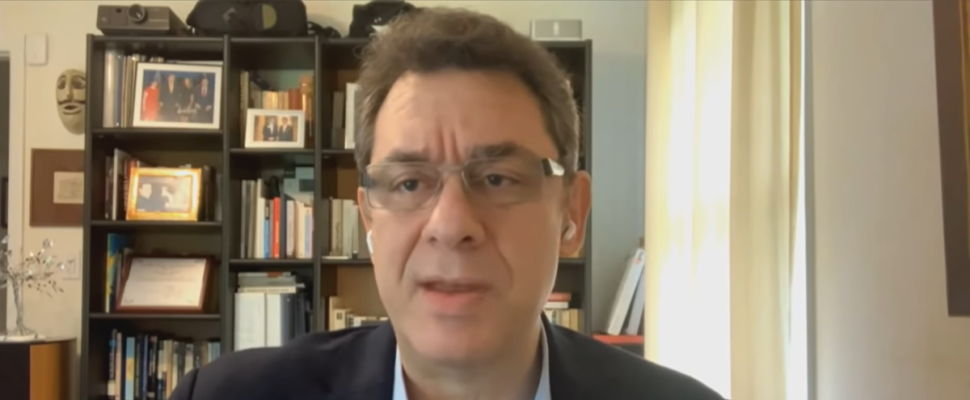At the 28 May 2020 IFPMA media briefing on COVID-19 vaccines, Pfizer chairman and CEO Dr Albert Bourla outlined why the US firm had decided to take a different tack to that of its rivals in developing a vaccine using the innovative but as yet unproven Messenger RNA (mRNA) technology and not relying on outside investment for its development.
With mRNA technology, you can do things in weeks things that with other more conventional technologies, you need months to do
Albert Bourla, Pfizer
Questioned on why Pfizer chose to utilise mRNA technology, which can accelerate the development of a vaccine but has never made it to market, Bourla noted that “there are multiple technologies being implemented right now, from very old ones all the way to very novel ones. I hope that they will all be successful because as we all know, we will need a lot of options as soon as possible. The reason why we’ve chosen the mRNA technology, although we have never used it before, it’s the first time that it is used for a vaccine, was because the technology was so far [advanced]. For the past two years we have been collaborating with BioNTech, a German biotech company that is mastering this technology, on a vaccine for flu that has very similar characteristics to COVID-19.”
He continued, “We felt that we had enough expertise, enough scale, and that the technology was offering speed. With mRNA technology, you can do things in weeks things that with other more conventional technologies, you need months to do.”
Bourla was keen to note that Pfizer took fast action when it realised the severity of the COVID-19 situation. “From the first moment when we realized that the Chinese were building a hospital within 10 days, we realized that this was likely something different. And then very quickly, we also realized that this was not only a Chinese issue, but a global issue.”
We believe we can move faster if we don’t have to get others involved
Albert Bourla, Pfizer
He added, “We started working without having a contract between the two companies [Pfizer and BioNTech]. We just said “this needs to be done. This is the right thing to do. Let’s start working.” We started exchanging information and materials and investing money. After some time, we signed a letter of intent and then we continued investing. Wventually we signed the contract to commercialize. I think that and I hope that the technology will be proven effective. We will only know at the end of the trials. So far, we have collected a lot of data like everyone else, and so far so good. But the final trial will tell us if the vaccine is doing what we want, which is to protect people from the disease and if possible, also protect them from spreading the virus to the wider population.”
In contrast to some of its Big Pharma counterparts which have struck multi-million dollar deals with research institutes and governments in the US and Europe, Pfizer has chosen to fund its vaccine research internally. “Pfizer is not taking any money from any government to advance our development efforts and vaccines,” explained Bourla. “We don’t do that because we have a lot of money. We do that because we believe we can move faster if we don’t have to get others involved.”


